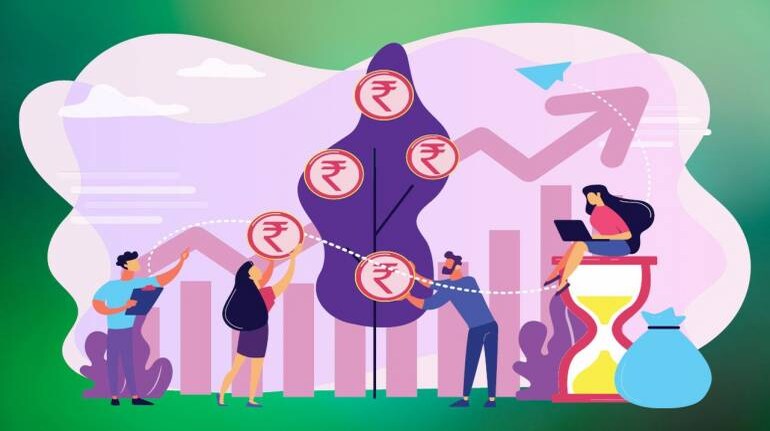A sharp reduction in bond price (or rise in yield) is a signal to exercise caution.
Strange but true, the secondary market yield on the Additional Tier-1 capital bond of IndusInd Bank quotes at a yield of 19.25 percent even as the bank offers barely 7 percent on a year’s fixed deposit. Why this wide variance you might ask? We get to this, but first, you must remember the basic principle of investing: high returns come with high risks.
Now to address the differential. There are primarily two higher risks associated with the indicated bond—the first is the liquidity risk, and the second the default risk. To get a better grip on this, let us first understand the nature of Additional Tier-1 capital bonds or AT-1 bonds—remember in the case of Yes Bank, these are to be written off, so investors won’t get their money back unless the court comes to their rescue.
Additional Tier 1 (AT1) bonds or perpetual bonds are issued to raise Tier 1 capital by banks, as per the regulatory Basel III norms. Perpetual bonds are seen as riskier quasi-debt instruments, as they do not have a fixed maturity, as the name suggests. Issuers pay coupons on these forever. The price of such a bond is arrived at by discounting the coupon amount or interest to be received over the years.
Since these bonds have no maturity date, investors can get their investment back only by selling them in the secondary debt market unless the issuer calls to repurchase the bonds, i.e. redeems them. Hence, their fate is closely linked to the future business continuity and profitability of the issuing bank. So, if the bank sinks or slips into losses, your investment sinks too.
In contrast, the fixed deposit is protected by a guarantee of up to Rs 5 lakh refund even if the bank goes bankrupt. So, the risk is between losing your money and not losing it. But no investment is so simple, there are no blacks and whites, only shades of grey. So, the call you need to take is whether a borrower/bond issuing bank or company will survive and thrive or not. If you are convinced of the former, and the investment horizon suits your objective, there is no reason to pass up an opportunity to earn a higher return.
It is here that bond markets play a vital role. Bond markets are meant for price discovery of security, offering a clear indication of the participants’ view of the health of the borrowing company or bank. Unlike equities, if the price of the bond falls, the yield increases, and vice versa.
A sharp reduction in bond price (or rise in yield) is a signal to exercise caution as it suggests the market is ascribing a higher risk than earlier to the ability of the borrower to repay the debt / redeem the bonds. Thus, unless you are a seasoned debt market investor, putting money in bonds with very high yields is best avoided. Rather, you should look to eke out a little higher return by investing in bonds of what you believe are rock-solid companies or banks.
Here are the latest bond yields on the bonds of some entities. Can you figure which ones are safer and why? Remember yields are also a function of tenure—the longer the time to maturity, the higher the yield. Also, secured debt is considered safer than unsecured debt.
Perpetual Bonds
INDUSIND Bank
The bank had issued a 9.5 percent coupon rate perpetual subordinated Basel III compliant additional tier 1 bonds. These traded at a yield of 19.25 percent and the bond price Rs 85.8043.
Punjab National Bank
The bank had issued Basel III compliant perpetual debt instruments for inclusion in additional tier 1 capital at a coupon of 9.15 percent on 13th Feb ’15. Today, this paper traded at a yield of 11.71 percent and was priced at 91.55.
Non-Convertible Debentures
Edelweiss Housing Finance
The financier had issued secured NCDs at a coupon rate of 9.75 percent for a tenure of 5 years. Today this paper traded at a yield of 12 percent and was priced at 97.56.
Shriram Transport
The company had issued unsecured rated listed non-convertible debentures on 31st Dec ’18 for a tenure of 6 years. The paper matures on 27th Dec ’24. Today, the paper traded at yield of 12.65 percent and was priced at 95.05.
Source: CNBC-TV18













